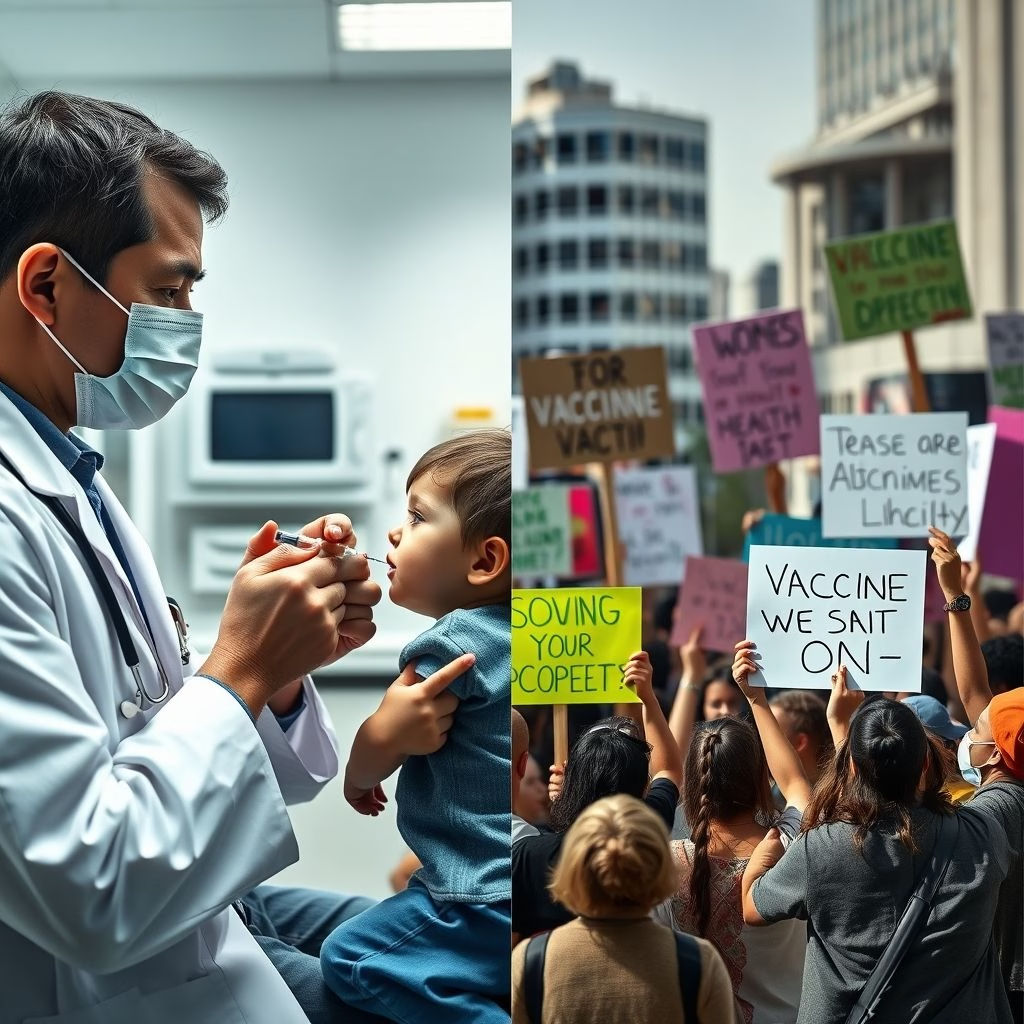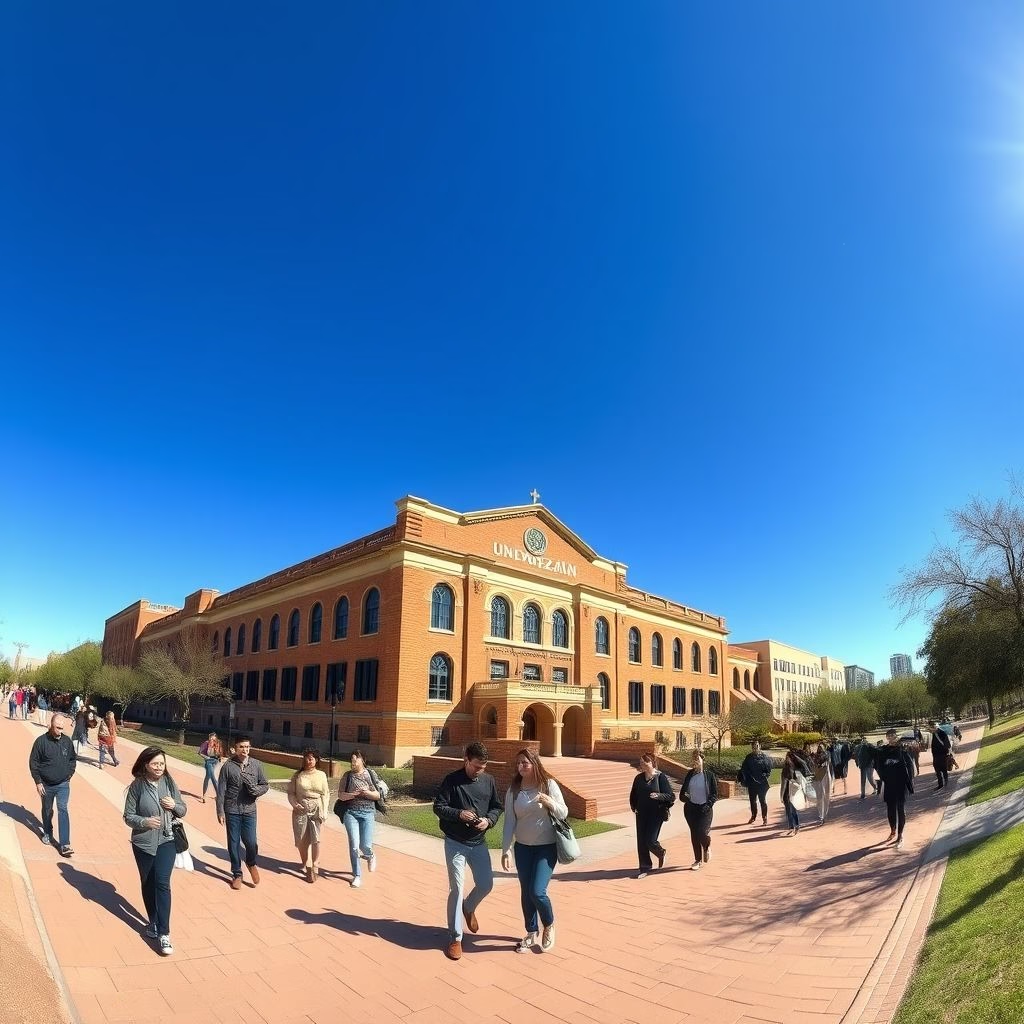Make America Healthy Again: Examining the Controversy and Impact of MAHA

Make America Healthy Again: A Deep Dive into the MAHA Movement
The term “Make America Healthy Again” (MAHA) has become increasingly prominent in recent years, associated with a political movement that advocates for changes within the public health landscape. Spearheaded by Robert F. Kennedy Jr., MAHA champions a specific set of beliefs that have generated both considerable support and significant controversy. This blog post provides an in-depth analysis of the movement’s core tenets, its impact, and the criticisms it has faced.
The Core Tenets of MAHA
At its heart, MAHA focuses on reshaping public health policy. The movement’s proponents argue for fundamental changes to food regulations, advocating for what they deem healthier options and criticizing existing practices. A central tenet revolves around vaccine practices and the pharmaceutical industry, with strong critiques of current approaches. MAHA also promotes alternative health approaches, including dietary supplements and the consumption of raw milk, which are often presented as superior alternatives to conventional medicine. The movement’s core arguments center on the idea that current systems are flawed and prioritize profit over public well-being.
Robert F. Kennedy Jr. and the Leadership of MAHA
Robert F. Kennedy Jr., a prominent figure in the movement, has played a crucial role in shaping MAHA’s message and influencing public opinion. His vocal advocacy and leadership have brought the movement considerable visibility, as well as drawing scrutiny to its methods and claims. Kennedy’s public statements, media appearances, and writings consistently highlight MAHA’s core concerns and promote its proposed solutions. This has led to the movement gaining momentum and attracting a dedicated following.
Criticism and Controversy
The MAHA movement has not been without its critics. Scientists and medical professionals have frequently voiced concerns regarding the movement’s stance on vaccines and the pharmaceutical industry. They argue that many of MAHA’s claims lack scientific backing and could potentially harm public health. The promotion of alternative health approaches, such as raw milk consumption, has also faced criticism, with many health experts emphasizing the potential risks and lack of evidence supporting its benefits.
The MAHA Commission and Investigations
In response to growing concerns and in an effort to address specific health challenges, the MAHA movement, under Kennedy’s leadership, established a commission to investigate specific areas of public health. This commission focused on the prevalence of childhood diseases and the perceived over-prescription of certain medications. The findings of these investigations, however, have been subject to debate and scrutiny from the scientific community.
Impact and Influence
The MAHA movement has had some notable impact on public discourse and, in some instances, policy decisions. One significant event, according to sources, was in May 2025 when the CDC halted its recommendation of the COVID-19 vaccine for children and pregnant women. This decision, though complex, was directly influenced by the movement’s persistent push for alternative treatments and more restrictive approaches towards pharmaceutical interventions. This decision, however, has led to its own set of discussions. The impact of MAHA continues to evolve as the movement adapts to changes in the public health landscape.
Conclusion
The Make America Healthy Again movement, led by Robert F. Kennedy Jr., presents a complex and controversial approach to public health. While its advocacy has brought attention to certain issues, the movement has faced significant criticism from scientific and medical communities. The ongoing debate highlights the importance of evidence-based practices and the need for careful consideration of the potential benefits and risks associated with any proposed health interventions. The long-term effects of MAHA and its impact on public health policies remain to be seen.
The movement, despite its controversies, continues to influence public discourse and public health decision-making, with its ideas being debated in many circles. The rise of such a movement underscores the need for open dialogue and the pursuit of scientific accuracy.




